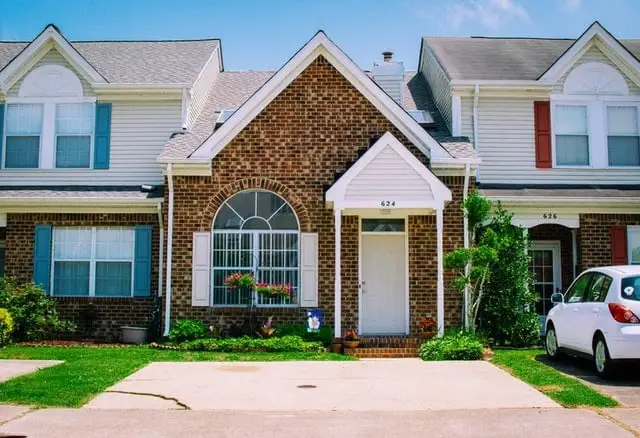The purpose of a home inspection
Home inspectors are all trained under the same set of standards, so an inspection should be consistent no matter where you are. Some states require inspectors to hold both the universal national license as well as a state-specific license. Each state is different, so do a quick check online to see what your state requires.
Home inspectors will look at your home’s primary systems; these are the foundation, HVAC, electrical, plumbing and roof. They’ll do a thorough visual inspection of each element of those systems and give you a comprehensive report on the condition and quality of the home you’re thinking of buying.
In the best-case scenario, your potential new home has no major issues, and you can move forward with your offer smoothly. It’s not necessarily bad, however, if your inspector comes back with things that are wrong. This gives you the chance to ask the seller to lower the offer to cover the repairs or have them done themselves before the sale closes.
Who attends a home inspection?
The only person who absolutely has to be present for an inspection is the inspector. There is no such thing as a virtual home inspection — the inspector must be there in person. Despite so many innovations in virtual communication over the past years, there are still things that can only be done in person, like spotting areas where mold might be lurking by smelling wetness or telltale mustiness.
You are welcome to attend as the potential buyer, as is the seller. If you’d like, you can have a friend or family member come with you, or even go in your place if you can’t be there.
In many cases, buyers close on a home from a long distance away and won’t even see their new home until they make the move. You can still have an inspector do a home inspection for you, even if you’re not in the area yourself.
Who pays for a home inspection?
There are two standard options for who pays for a home inspection — the person selling or the buyer. It’s possible but unlikely that a real estate agent who’s particularly motivated to sell might pay for the inspection, but that would be out of the ordinary.
If a seller hires a home inspector, they’ll do that as a pre-purchase inspection. Before the home goes on the market, a real estate agent might advise that a sale could close faster if there’s a home inspection already done. This could be particularly relevant if the home is older, and there could be some uncertainty on the buyer’s part about any damage caused by age to the foundation or roof or if the electrical is up to modern code.
Who schedules a home inspection?
In most cases, you’ll be the one who will schedule your home inspection and choose the company or inspector that you go with. Generally, the person who’s paying for the inspection is the one who will pay for it.
It’s a great idea to ask around for referrals from your real estate agent or people in your neighborhood. If you can’t do either, head online and search for home inspectors in your city of town.
From there, make sure you take time to vet each inspector you’re considering before hiring anyone. Start with online reviews – these will give you a good idea about whether you’ll want to move forward with a phone call and the next steps.
Once you find an inspector that you think you want to move forward with, make sure you ask them for proof of their licenses, both at the federal level and any state licenses that your state might require.
For most home purchases, the seller will want to know fairly quickly if you want to move forward with the purchasing process after the inspection. This is something that your real estate agent will clarify for you beforehand, so you’ll know what your specific timeline is.

The home inspection timeline
Depending on your location, there could be a waiting period if your inspector is busy, as so many are. It’s a good idea to get in touch with an inspector before you have a specific home in mind, if possible, so that when you do want to make an offer pending a successful home inspection, you don’t have to wait two weeks to schedule one and very possibly lose your potential new home in the meantime.
Once you have the inspection scheduled, you can expect it to take anywhere from an hour and a half to several hours to complete on the day you schedule it for. This is dependent on the size of the home and complexity of its components. Your home inspector will be able to give you a more accurate idea of the time it will take to complete the inspection.
For buyers and sellers both, a home inspection is a way to provide peace of mind and a smooth real estate transaction process. While the cost of the inspection is something you pay for yourself, it’s a drop in the bucket in comparison to something like needing to make corrections to your foundation or putting on a new roof. Overall, a home inspection can save you tons of time, money, and future headaches.

